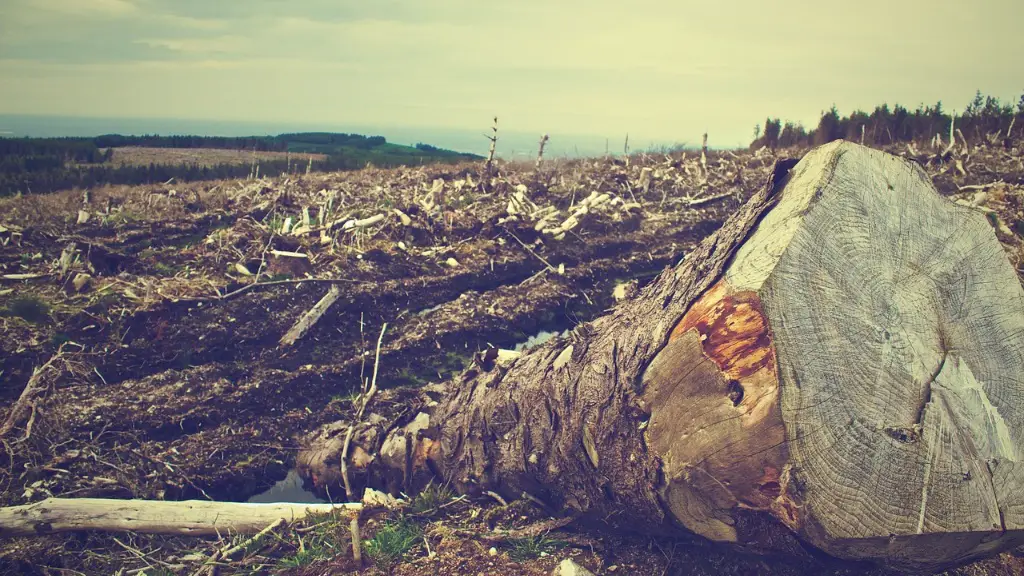Burning fossil fuels emits carbon dioxide, methane, and other pollutants into the atmosphere. These emissions have long been linked to climate change and global warming. Researchers have long sought to understand how burning fossil fuels affects the Earth’s temperatures, with the goal of making significant policy changes to reduce the impacts of climate change and global warming. This article will provide an overview of how burning fossil fuels leads to global warming, the implications of this phenomenon, and how society can take steps to mitigate the effects.
To start, it’s important to understand what fossil fuels are and how their combustion produces dangerous gases. Fossil fuels, such as coal, oil, and natural gas, are formed from the fossilized remains of plants and animals from millions of years ago. When burned, fossil fuels release large amounts of carbon dioxide and other greenhouse gases, such as methane, into the atmosphere. These gases act like a blanket, trapping heat from the sun and raising global temperatures.
In the last century, global temperature has risen steadily as a result of this blanket of gases. In fact, the Earth’s average surface temperature has risen by 1.62 degrees Fahrenheit since the late 19th century. This increase has led to the melting of glaciers, the rising sea level, extreme weather events, and other effects of global warming. Without significant action to reduce the emissions of greenhouse gases, global temperatures will continue to rise and cause further damage to local ecosystems.
In order to reduce the impacts of climate change and global warming, human society must take steps to reduce emissions of these dangerous gases. Shifting to cleaner energy sources, such as solar, wind, and hydro, is a first step that can help reduce the amount of carbon dioxide released into the atmosphere. Additionally, focusing on conservation and the efficient use of energy can help to reduce the amount of fossil fuels that are burned. In the end, these changes in our lifestyles can have a significant impact on global temperatures, helping to keep the planet in a healthy balance.
Burning fossil fuels has a long-term impact on global temperatures, leading to climate change and global warming. Our current lifestyle choices contribute significantly to emissions of greenhouse gases, making it our responsibility to reduce our carbon footprint through the efficient use of energy and a shift to cleaner energy sources. Only by working together can we ensure a sustainable future for our planet.

